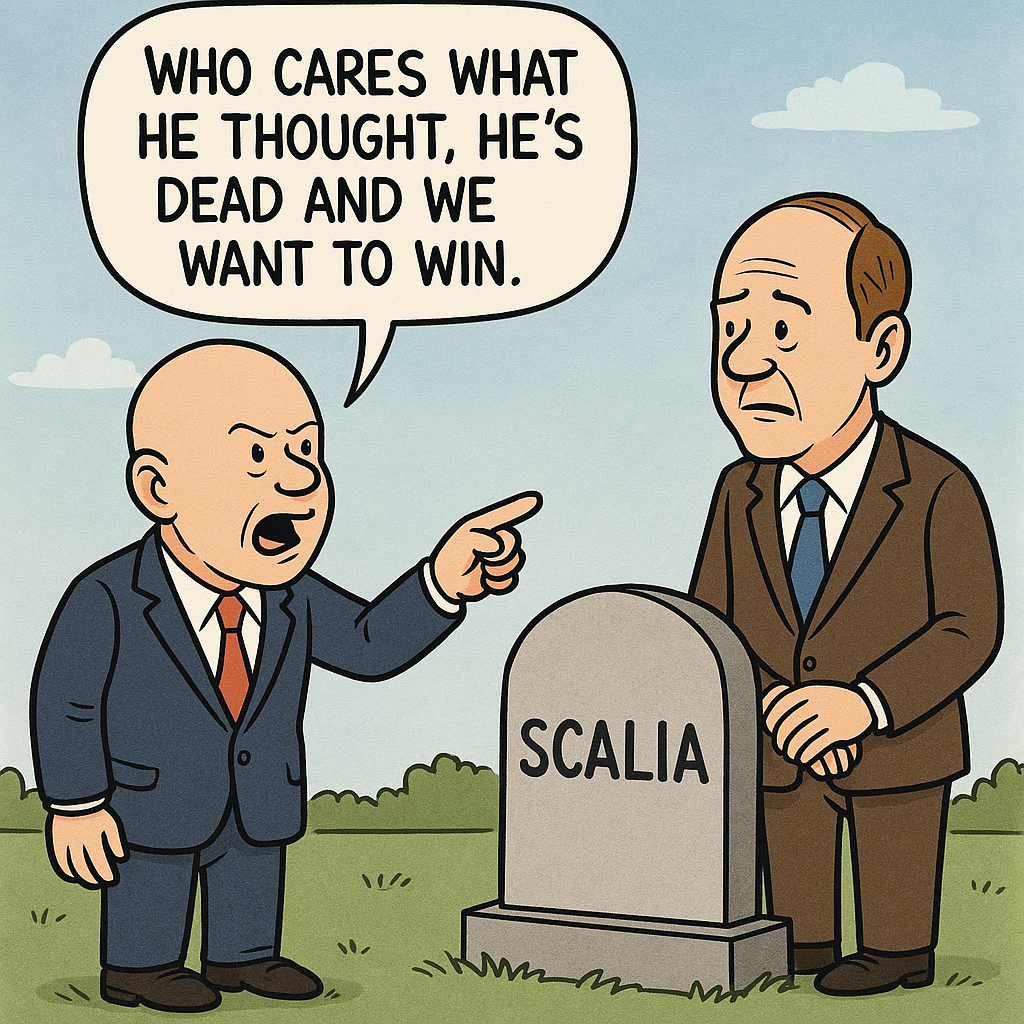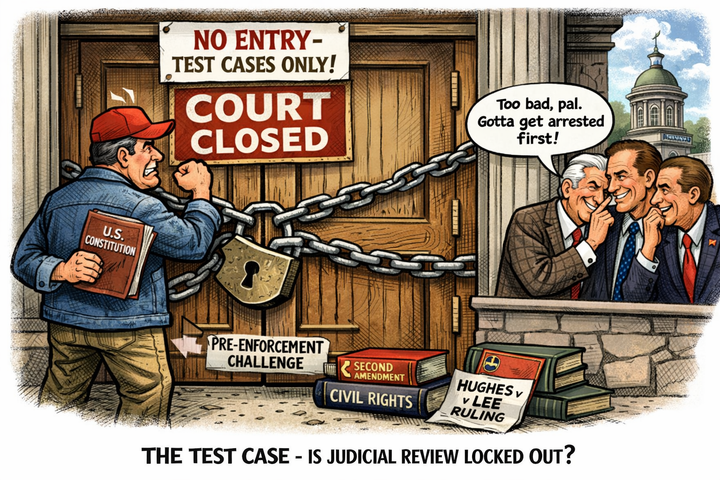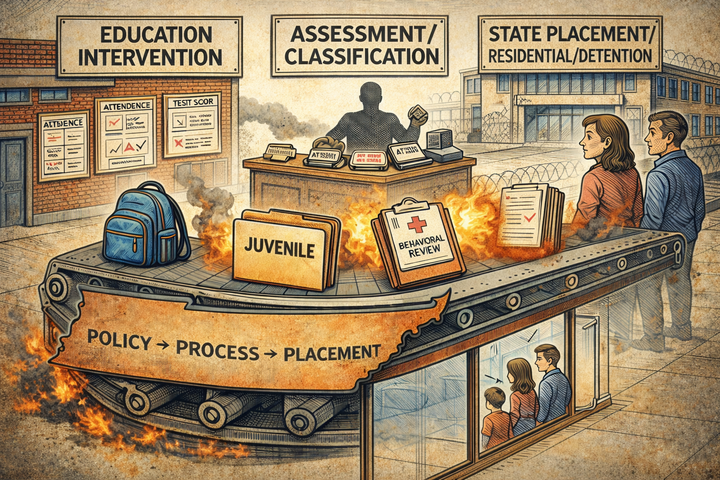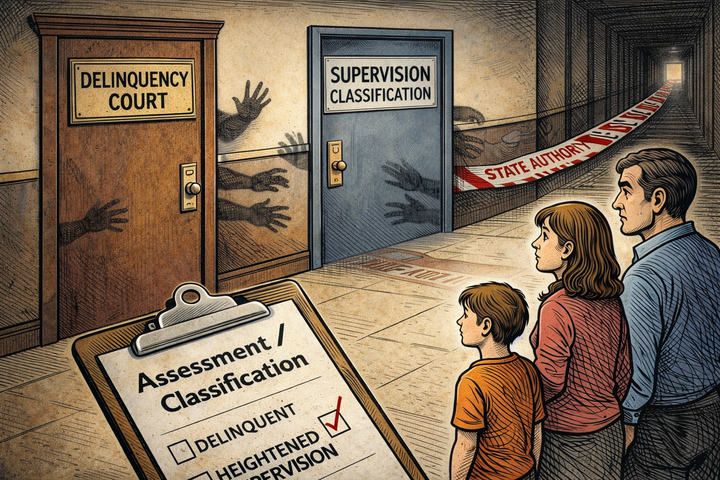HB0855 would force Tennessee political parties to use primaries, stripping local control and violating Supreme Court precedents (Eu and Tashjian). Critics call it an unconstitutional power grab to override grassroots victories and suppress party autonomy.
By TruthWire News – March 2025
Introduction: When Losing Power Turns into Changing the Rules
What happens when political insiders lose control of their local party? If you’re in Tennessee, it seems the answer is: rewrite the laws to make sure it never happens again.
That’s exactly what’s unfolding with HB0855—a newly proposed bill in the Tennessee General Assembly that would force all county-level political parties to use state-run primary elections, eliminating the option to use party-run voting conventions to nominate candidates. While the bill is wrapped in the language of “uniformity” and “transparency,” it’s true motive is hard to miss: it’s a direct response to the grassroots conservative takeover of the Williamson County GOP, where party leadership—and several county-level candidates who were chosen through a convention—were elected through that process, despite efforts by establishment-backed factions to prevent it.
But the implications of this bill go far beyond Williamson County, and far beyond party politics. What’s at stake is the constitutional right of political parties to govern themselves—a right that has been upheld by not one, but two U.S. Supreme Court decisions: Eu v. San Francisco Democratic Central Committee and Tashjian v. Republican Party of Connecticut.
Both cases affirm the same principle: political parties are private associations with First Amendment protections, and the state has no business dictating how they choose their candidates, especially when that interference is driven by political convenience or revenge.
This matters because HB0855 doesn’t just meddle in local politics—it strikes at the heart of political freedom and association in America. If the state can tell a party how to nominate its candidates today, what stops it from telling a union how to elect its officers tomorrow—or a church how to choose its pastors?
In the legal analysis that follows, we’ll walk through the core constitutional issues at play, how HB0855 conflicts with two binding Supreme Court precedents, and why this bill isn’t just bad policy—it’s flat-out unconstitutional.
House Bill 0855 / Senate Bill 0799 (Tennessee General Assembly, 2025)
Bill Summary:
Mandates that all recognized political parties in Tennessee must use state-run primaries to nominate candidates for county-level partisan offices, eliminating conventions as an option going forward. Counties that used primaries in 2022 or 2024 may continue; all others lose flexibility permanently.
Of note : the amendment used to completely change the use and purpose of the bill, though filed and presented to at least one committee, is still not posted to the Tennessee Legislature's website for public consumption.
Legal Concern:
HB0855 represents a serious constitutional overreach, violating not one but two Supreme Court precedents that safeguard the rights of political parties under the First and Fourteenth Amendments.
Supreme Court Precedent #1
Eu v. San Francisco Democratic Central Committee, 489 U.S. 214 (1989)
Vote: 9–0 Unanimous Decision
In Eu, the Supreme Court struck down multiple California laws that interfered with the internal governance of political parties, including bans on endorsements and mandates regarding how party committees were structured. The Court ruled that the state had no constitutional authority to dictate how political parties operate internally.
Writing for the Court, Justice Thurgood Marshall held:
“A State cannot substitute its judgment for that of a political party as to the desirability of a particular structure for that party.”
The Court emphasized that political parties are private associations, and their internal decision-making—including how they select candidates—is protected speech and association under the First Amendment. Any burden on that freedom requires a compelling state interest and must be narrowly tailored. HB0855 in Light of Eu
HB0855 does exactly what Eu forbids: it substitutes the state’s preference (primaries) over the party’s choice (conventions). It restricts political parties from using the process they believe best reflects their membership and values—without offering a compelling justification.
Supreme Court Precedent #2
Tashjian v. Republican Party of Connecticut, 479 U.S. 208 (1986)
Vote: 5–4 Decision
In Tashjian, the U.S. Supreme Court struck down a Connecticut law that barred the Republican Party from allowing independents to vote in its primary—even though the party itself wanted to allow them. The decision reinforced the principle that political parties have a constitutional right to define their own nomination process.
Importantly, the majority opinion was authored by Justice Antonin Scalia—a towering figure in constitutional originalism and judicial restraint. Scalia’s opinion reaffirmed that government may not interfere with a political party’s right to associate, set rules, or decide who may participate in its candidate selection process.
“The party’s determination of the boundaries of its own association, and of the structure which best allows it to pursue its political goals, is protected by the Constitution.” – Justice Antonin Scalia, Majority Opinion
HB0855 in Light of Tashjian
HB0855 directly contradicts Tashjian by stripping a party’s right to choose how and with whom it nominates candidates. Where Connecticut tried to restrict participation, Tennessee now tries to mandate a method—but both are unconstitutional under Tashjian. The common thread is government coercion of private association, which Scalia’s Court made clear is not permissible.
Additional Constitutional Concerns: Equal Protection Violation
HB0855 introduces a carve-out: counties that used primaries in 2022 or 2024 may continue to do so. But those that used conventions—even once—are permanently locked into using primaries. This is arbitrary, retroactive, and discriminatory, potentially violating the Equal Protection Clause of the Fourteenth Amendment.
Two identical counties could be treated entirely differently based on outdated administrative choices, not constitutional reasoning. Courts have struck down similar inconsistencies as legally unsound and fundamentally unfair.
No Compelling State Interest
Both Eu (9–0) and Tashjian (5–4) make clear: any burden on political association must serve a compelling state interest.
HB0855 presents none. Proponents vaguely cite "uniformity" and "consistency," but the bill itself undermines those goals by allowing different rules for different counties. There is no evidence of electoral dysfunction caused by conventions, no public outcry, and no democratic necessity.
The only clear motivator is political: establishment lawmakers seeking to shut down the nomination method that cost them influence in Williamson County.
Why This Matters: Legislative Retaliation Is Not a Constitutional Justification
In constitutional terms, this is viewpoint discrimination disguised as electoral reform. Grassroots conservatives used convention rules to win a legitimate internal election. Now the state wants to eliminate that option altogether.
This is exactly the kind of government interference the Supreme Court warned against—twice.
Scalia’s words in Tashjian remain especially resonant:
“The First Amendment protects not only the right to speak, but the right to associate in pursuit of political beliefs.”
Conclusion: HB0855 Is a Lawsuit Waiting to Happen
HB0855 violates the First and Fourteenth Amendments and conflicts with two binding Supreme Court precedents:
- Eu v. San Francisco Democratic Central Committee (1989, 9–0)
- Tashjian v. Republican Party of Connecticut (1986, 5–4, authored by Justice Scalia)
If passed into law, HB0855 is all but certain to face a constitutional challenge—and its chances of survival in federal court appear slim. Tennessee lawmakers must decide whether partisan retribution is worth the cost of a federal injunction.
HB0855 is scheduled to be heard in the Senate State and Local Government Committee on April 1st and in the House counterpart on April 2nd—Tennesseans who care about constitutional rights and the independence of private organizations should act now to stop this unprecedented government overreach.
TruthWire News will continue to follow the progress of HB 0886 and SB0777 in the coming days.
If you support what I do, please consider donating a gift in order to sustain free, independent, and TRULY CONSERVATIVE media that is focused on Middle Tennessee and BEYOND!





Comments ()